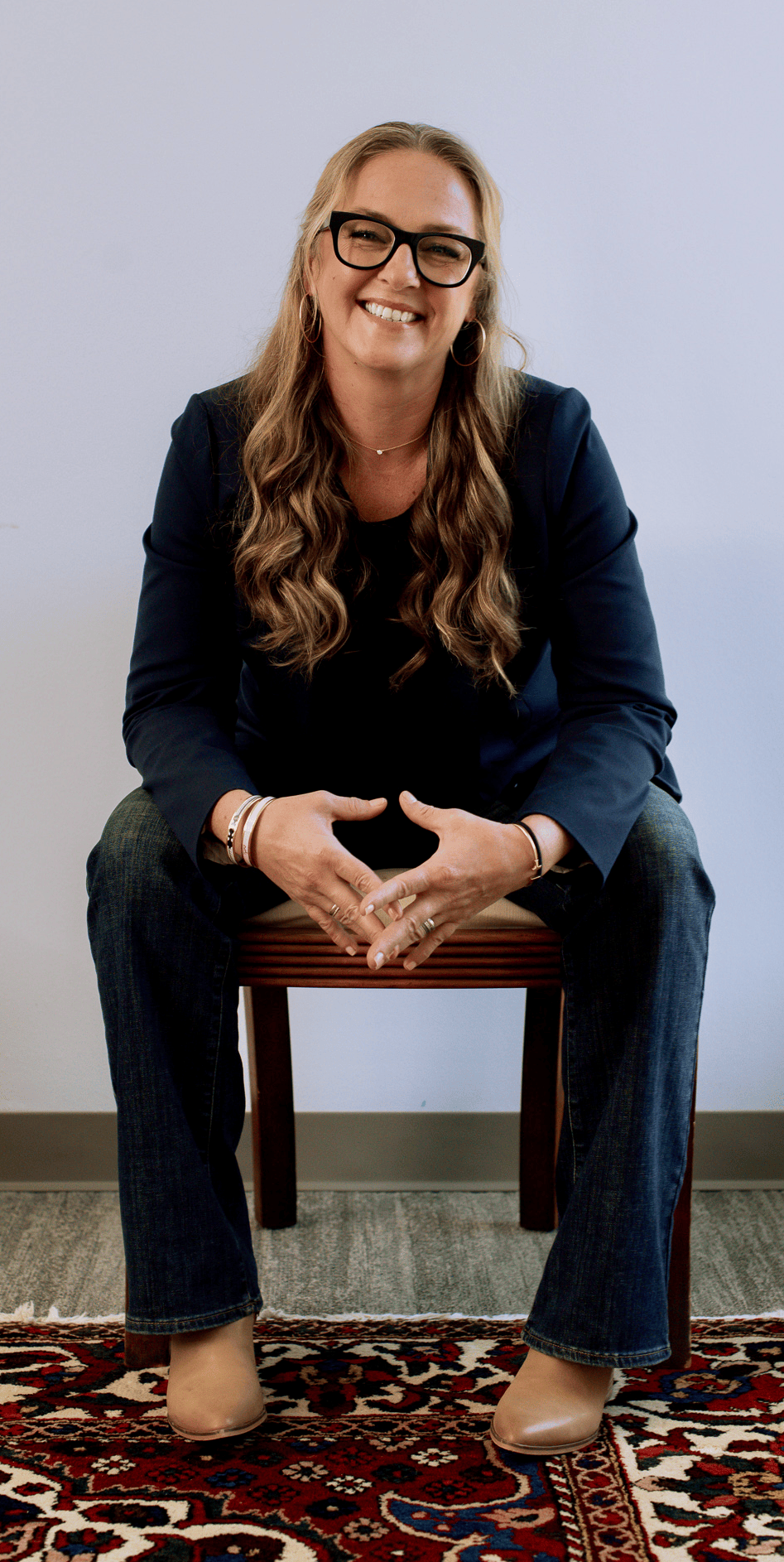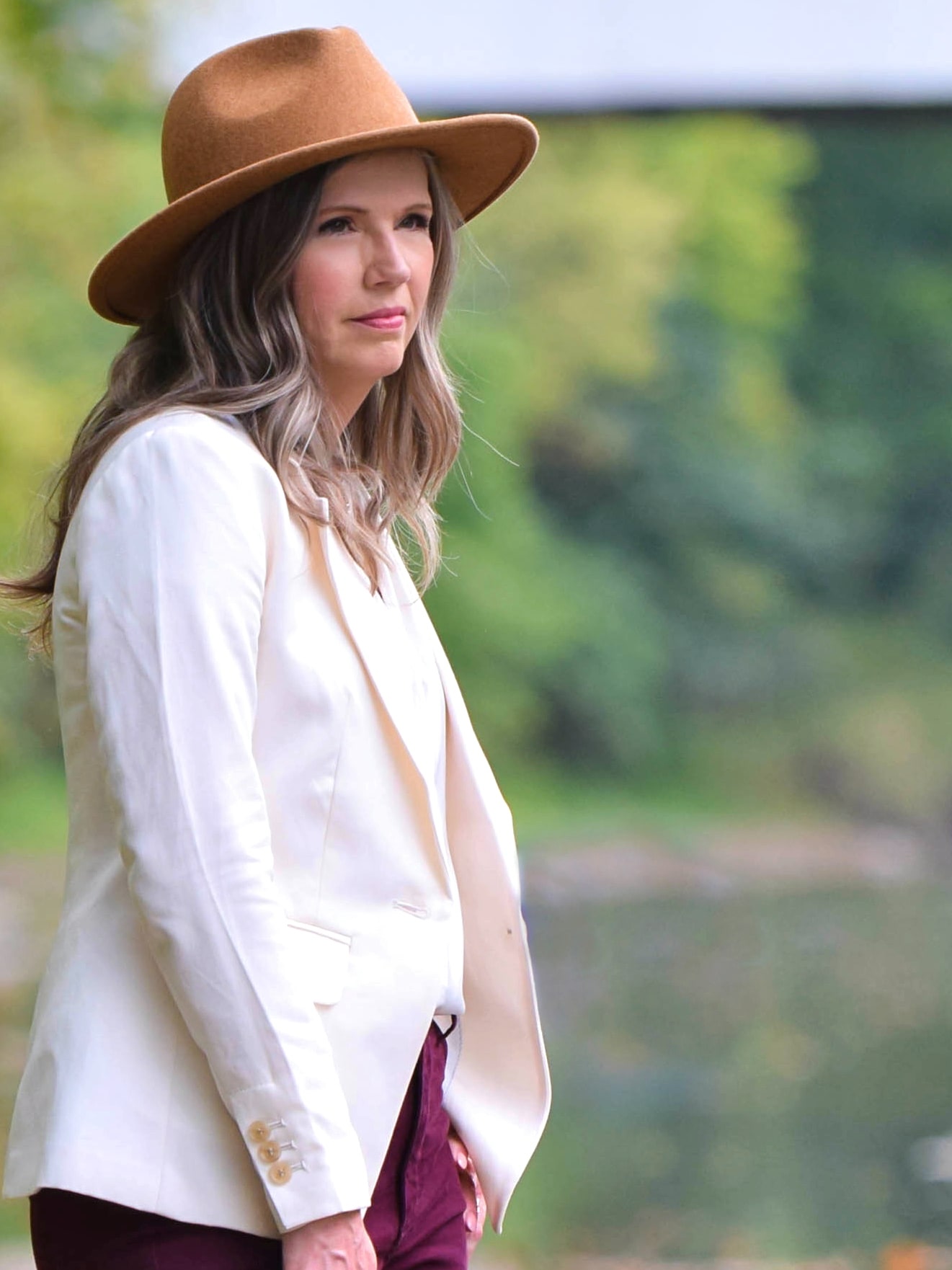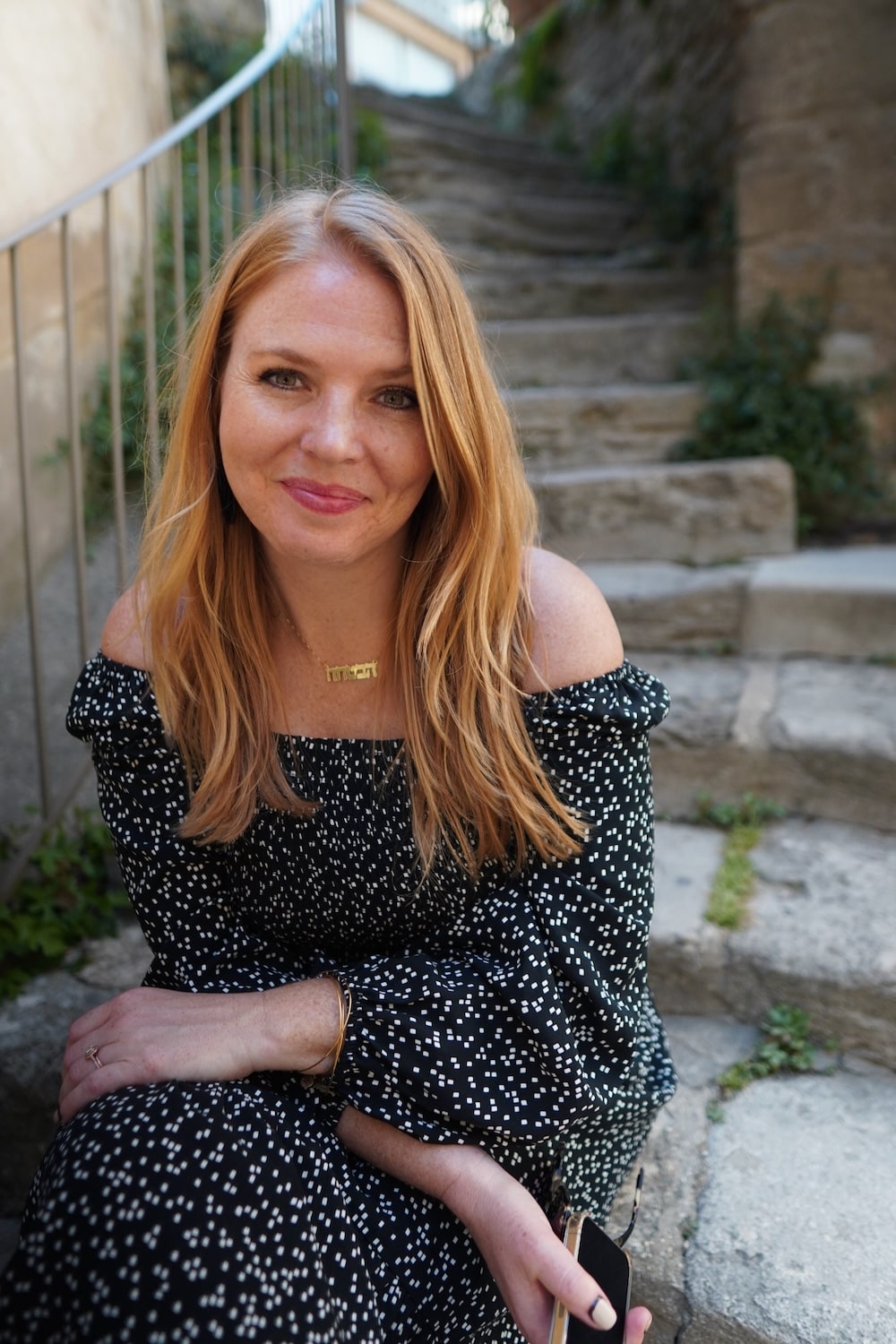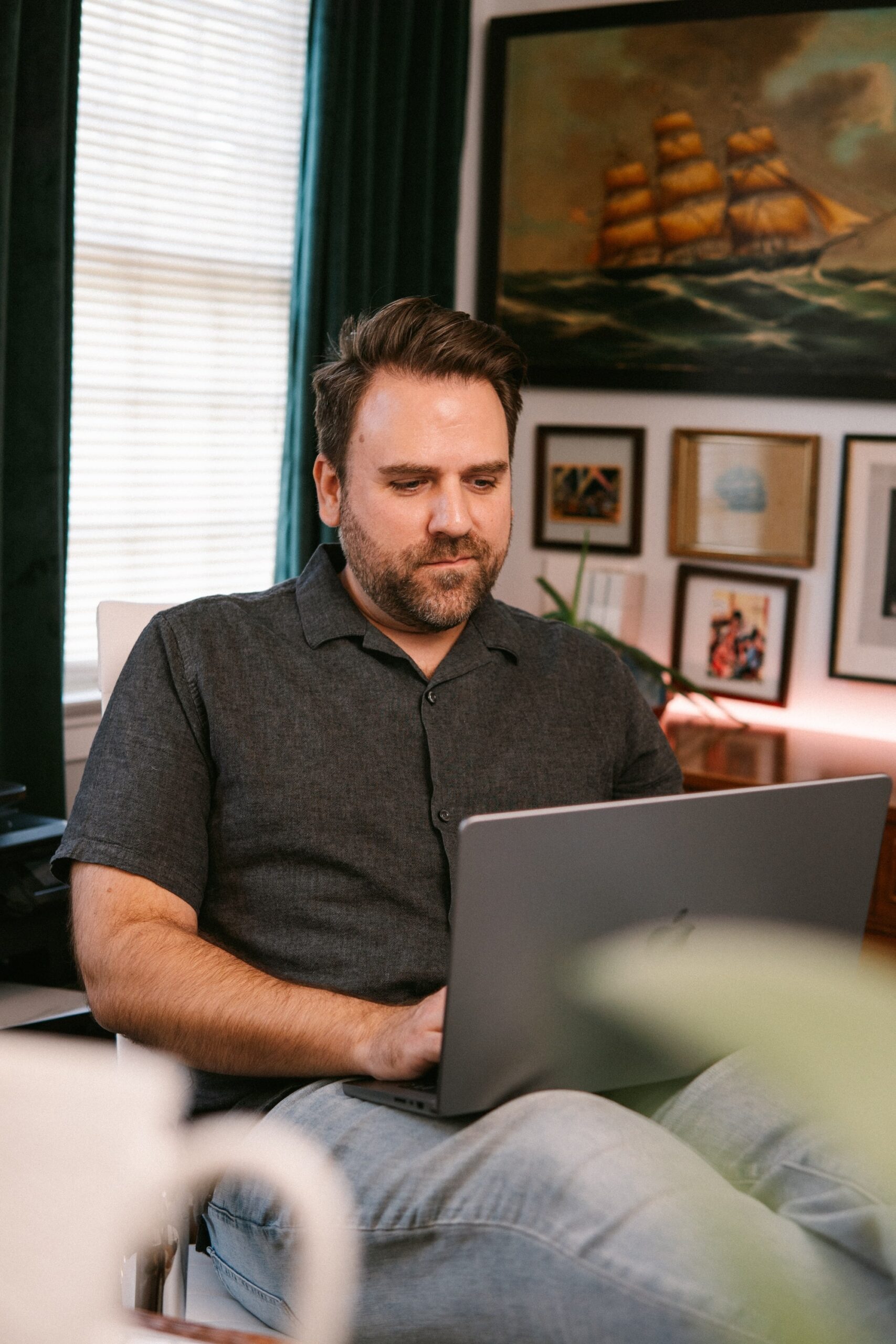
READY TO START A PODCAST? (SAY YES!) Buzzsprout is hands down the easiest and best way to launch, promote, and track your podcast. Click here to get a $20 Amazon gift card if you sign up for a paid plan.
People often say, “I don’t have regrets.” I’m pretty sure I’ve said that myself many times. It’s almost like an undercurrent in our current culture says regret is bad and shameful. But what if regret is helpful. What if having regrets is actually the most healthy thing we could do. Let’s talk about that.
I’ve made a lot of mistakes in my life. There’s a long laundry list of people I’ve hurt, friendships I’ve abandoned, words I’ve spoken in anger, poor choices I’d care not to revisit, and so much more. But, part of being human includes the messiness of humanity. We all have moments throughout life when we do or say or behave in ways that we wish were different.
We also have those moments where we make decisions that have far-reaching consequences, both positive and negative. And many times, those decisions affect others just as much as they affect us.
The inspirational posters got it wrong.
But tell me, why is it that we say we don’t have regrets when we’re looking back and observing our life? Why has having regrets become shameful instead of normal? And can we say with 100% honesty that there isn’t a single thing we look back at and wish we acted differently or behaved differently, or feel sad or disappointed about?
There’s something so idyllic and transcendent about life without regrets. It makes a great sign to hang on your wall, “Live a life that you don’t regret.” It’s become this aspiration to achieve. But I think it’s an unhealthy expectation.
I have many regrets, but I didn’t know about them until recently. I ascribed to this notion that people who regret something about their lives are flawed. I believed the idea that rising above regret somehow made me a more evolved human.
I’ve been looking back a lot lately. I’m in therapy and writing a book, and both have caused me to dig deep into my past. My dreams of the past. My upbringing. My choices. The different seasons of my life.
I shoved my feelings down so deep in past moments that I couldn’t even find them. So, feeling any sort of regret wasn’t possible. I felt nothing most of the time. But, as I’ve observed my life, almost as a third party, I’m starting to see patterns and behaviors that I regret. I see it as a movie with a character living out his life, and I want to scream at the screen – don’t do what you’re about to do!
In those moments, because of my incredible skill to suppress, even bad decisions didn’t matter because I suppressed the negatives feelings and covered it all in some form of toxic positivity like “I don’t have regrets.” or “Everything works out the way it’s supposed to.”
Before I share why living without regrets is unhealthy, let’s address the idea that everything works out the way it’s supposed to. It’s a common follow-up to the idea of living without regret because to regret something from your past means you don’t like your current situation, and this is a tough one. It’s been hard for me to unpack my past, recognize where I wish I would have acted differently, know that it could have changed my entire life trajectory, and also find peace and contentment with where I am today. It’s BOTH/AND. You can both regret your past and be okay with your present. They aren’t mutually exclusive.
“Everything works out the way it’s supposed to” is lazy. Everything works out the way it does because of our choices, decisions, and behaviors. And everything could have worked out differently if I had made different choices.
In a world of infinite possibilities, we live one life. We have one path that we travel from birth to death, and it’s up to us to take full advantage of where we are on the path at any given moment.
Everything works out the way it works out. Period. Saying it’s supposed to be this way is unkind, privileged, and insensitive.
Okay, so why is it okay to have regrets. Let’s flip that around and look at what living without regrets communicates.
Living without regrets is suppression as its finest.
It’s not nobler or evolved to look back and say you don’t have regret. What your doing is suppressing the choices, behaviors, decisions, situations, scenarios, etc., that you don’t like. Or that you wish were different. When you suppress, you can’t address. Meaning anything you suppress no longer has the ability or power to help you evolve.
Suppression actually keeps you from evolving. If we were to look back and see the choices and decisions we regret, we could use them to help us make better choices. To improve our future. But so long as you suppress, you can’t do this.
Living without regrets is a function of the ego, not the heart.
The ego is the part of you that wants to protect you, but it does so in ways that hurt you. The ego only knows the past, and if something from the past isn’t jiving well with your ego, it will not let you look too closely. Your ego thinks that you will be better off by ignoring things you might regret.
But your heart feels everything. Your body remembers everything. A past mistake that you allow your ego to hide deep within will affect you at some point, on some level, someday. I’m unpacking situations in my life from 17 years ago that I suppressed, and I’m coming head to head with behaviors, decisions, and patterns that disappoint me. I’m disappointed with the nineteen-year-old version of myself. I regret things that I’ve done.
But that doesn’t break me. It strengthens me. It’s allowing me to understand myself better and deeper and use that knowledge to act and be different now. My heart feels it all. My ego wants to ignore it all. But, I’m determined to embrace it all.
Living without regrets is a form of toxic positivity.
Toxic positivity is a recurring theme on this podcast because so much of the personal development world is ripe with it. Toxic positivity wants to ignore what’s real sometimes in favor of only the positive side of a situation. So if you ignore situations instead of regretting them, you can embrace something that isn’t real at that moment. Your disappointment is real. Your frustration is real. Your behaviors, actions, choices, and patterns are real. And sometimes, they lead to regret. But if you don’t accept the regret and instead try to cover it up with false assurances, you can’t evolve. You can grow.
Living without regrets leaves no room for personal growth.
This leads me to my last point. Without acknowledging our regret, we can’t grow forward. You have to see every part of you so clearly and deeply if you want to evolve. Until you’re willing to look back and accept that you made a mistake, disappointed people, behaved awfully, or made a decision that changed your entire life in ways you don’t like, you can’t grow forward.
I had to acknowledge that I have regret in my life, which was hard because I have always heard and been taught that it’s not okay to have regrets. Then, I had to come to terms with the fact that the things I regret have led me to where I am, both good and bad. Did life work out the way it was supposed to? I can’t say yes or no to that, but I can’t tell you that because I’ve acknowledged and accepted my regret, it’s shifting from something that overwhelms me to something that helps me. I’m not fully there yet, but I’m getting there.
It’s not possible to live without regrets. And that’s okay. Regret is a way to help us evolve and change. The things we regret will shift over time as we learn, but I don’t believe we can ever accomplish a life without regrets. We’re human. And humanity is messy and wonderful. We fail. We succeed. We thrive. We survive. Regrets are part of the human experience, and I’d never want it any other way. I’m here for all of it, and I hope you are too.
Do You Have Regrets In Life? Here’s Four Reasons It’s Okay To Have Regret
Whether through speaking, storytelling, or coaching, I share real experiences, learned and curated wisdom, and practical tools to help you (and humanity) move forward.
I'm a motivational speaker, talk show host, writer, and creative. And I'm a endlessly curious human trying to figure out, well… humans. What makes us successful, fulfilled, disappointed, or stuck? How do our experiences shape us? And more importantly—how do we human better?
If we haven’t met yet, I’m Gentry Lusby.
meet
the
blogger




